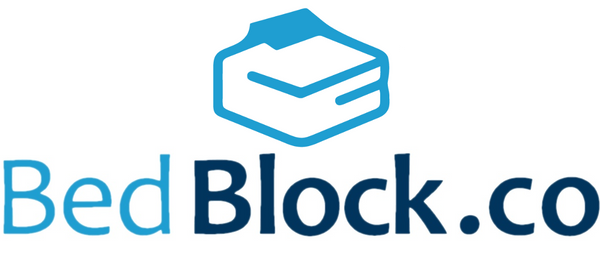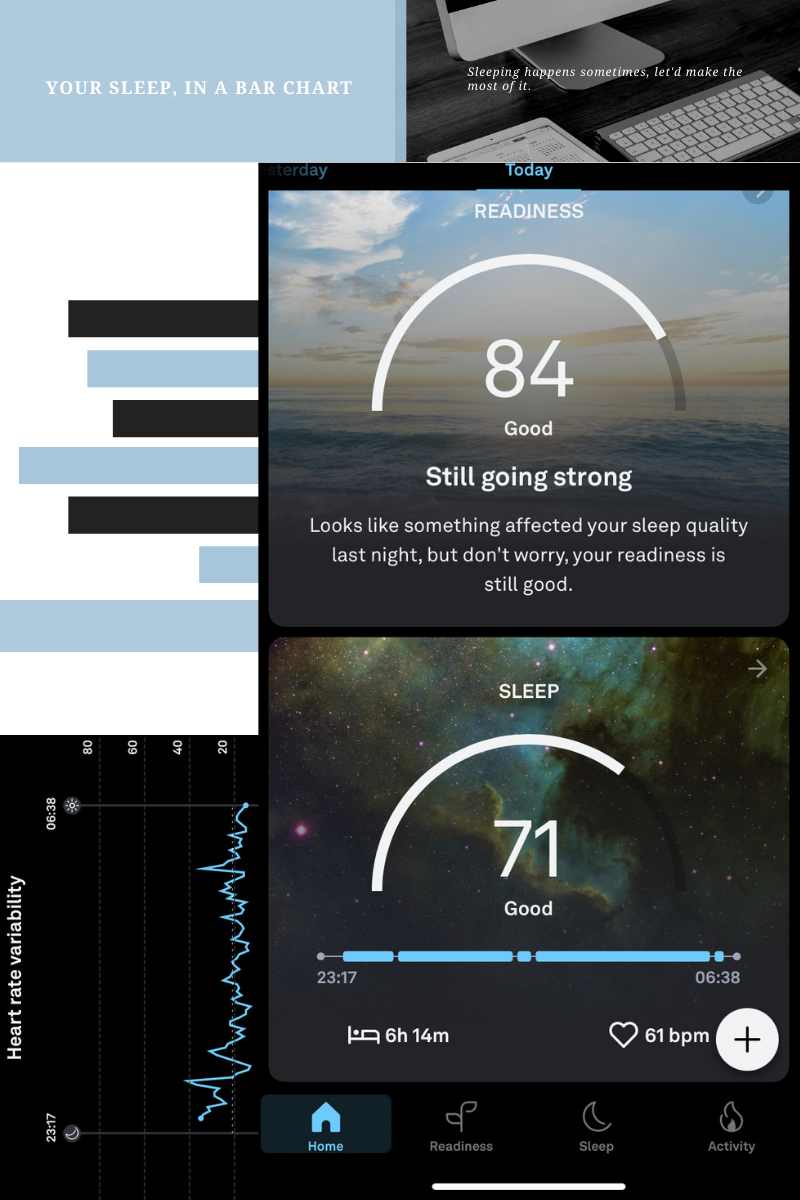Sleep health is one of those things, like flossing, that we all realize is important, but still easily sweep it aside for more immediately fulfilling tasks. I know how appealing one more episode of that series you are binging is, especially in COVID times, but how bad is one more episode really? Well, that is a great question you ask and now we can start to answer it.
The beautiful combination of science and technology have yielded a host of products to lift the veil behind our individual sleep habits. Be it an Apple Watch, Oura Ring, Fitbit, or whatever the latest gadget is on the market, there are many options out there. I won't schlep one product over another (mostly because they aren't paying me to do so and what works great for me won't necessarily work best for you), but I will say the data obtained can work wonders in your ability to fine tune your sleep to allow for more energetic, fulfilling, and productive waking hours.
So what kind of information are these machines spitting out after a night of blissful rest? Well for starters, when you fell asleep, how long you slept for, and what occurred during your sleep is a great place to start. Understanding that last night I spent 7 hours and 21 minutes in bed, but only slept for 6 hours and 14 minutes allows me to better prioritize my sleep in going to bed for the purpose of going to sleep--no cell phone doom scrolling or watching TV, as those both will negatively stimulate the brain* making my sleep efficiency worse.
Digging deeper into some of the data will tell me that my REM sleep was an hour and 24 minutes, or 22%, of my sleeping time, while my deep sleep was only 48 minutes, or 13%. My REM sleep was close to the recommended 1.5 hours for an adult, but my deep sleep was short of the 1-1.5 recommended hours which can impact the growth and development of muscle tissue as well as immune function*. By reducing my screen time within 2 hours of bed time, removing afternoon caffeine intake, and working out regularly, I can put my brain in a good place to receive the restorative nature that deep sleep provides*.
While some of the information on heart rate variability, resting heart rate body temperature, and movement tracking can seem like an overwhelming data dump, most of the devices on the market do a good job of "breaking it down Barney style" as we used to say in the Army. A quick Google search will likely turn up a Mayo or Harvard medical article to do a little deeper dive into exploring your sleep health. The bottom line is, I am sleeping better than I thought I was, and have actionable data at how to improve where I am slacking.
No matter the product you chose to help you on your journey to sleeping more efficiently, keep in mind that knowledge is power and you will never be worse off for understanding how to give your body what it needs (like a Bed Block!).
Travis
Citations:
*https://www.health.harvard.edu/staying-healthy/blue-light-has-a-dark-side
*https://www.psychologytoday.com/us/blog/between-you-and-me/201307/your-sleep-cycle-revealed#:~:text=The%20sleep%20cycle%3A%20A%20sleep,movement%20(REM)%20sleep%20occurs.
*https://www.hopkinsmedicine.org/health/wellness-and-prevention/the-science-of-sleep-understanding-what-happens-when-you-sleep

